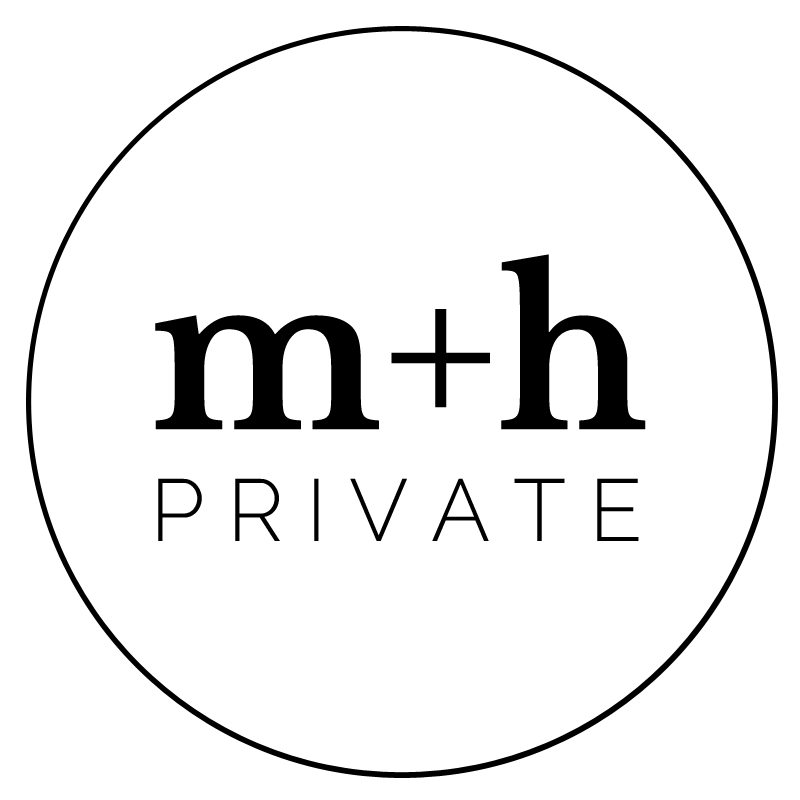Understanding Personal Service Income rules is vital
PSI or PSB tax deductions – which applies to you?
If you’re a medical practitioner or other sole trading professional, you’ll probably be aware of the tax terms - Personal Service Income (PSI) and Personal Service Business (PSB). But are you fully up to speed with their often misunderstood rules and differences, and how they impact you?
Getting the right advice can make a big difference to your returns.
This was horrifyingly brought home to me the other day. I discovered that a new client, a medical specialist who had been operating for many years as a sole trader, was paying the top marginal rate – completely unnecessarily. His previous advisor simply didn’t understand the PSI rules, or bother to review the various agreements he had in place.
Personal Service Income vs Personal Service Business
PSI is income produced mainly from the personal skill or effort of an individual. It’s most common in the medical and engineering professions, and tech and construction industries. Without going into too much (and sometimes bewildering) detail, it’s important to understand the likely outcomes from receiving this type of income – namely PSI attributed to an individual, or alternatively, PSB.
The differences between the two can seem complicated.
PSI is akin to income received as an employee. The income is assessable to you as the individual performing the ‘principal work’, irrespective of the entity or structure you’re contracting through – be it trust, company, partnership or sole trader.
If you’re earning Personal Service Income you’re denied the following deductions:
Rent, mortgage interest, rates and land tax for your residence if you’re using it to earn PSI
Payment to your associates for non-principal work (ie diverting income for admin duties, even if it is on a commercial basis)
Super contributions for your associates’ non-principal work
All Personal Service Businesses are basically PSIs which have moved into the ‘business’ realm. Confusingly, you don’t actually have to be a ‘business’ to be a PSB. The PSB classification is a legal concept which allows you tax friendly exceptions to the Alienation of Personal Services Income provisions.
In a nutshell, this ‘alienation’ occurs when you introduce an entity such as a trust, company or partnership between you as the individual earner and your paying patient or client, so that your entity (rather than you directly) derives the income.
There are a number of quite stringent tests you have to pass to be determined as a PSB, and be exempt from the Alienation of Personal Services Income legislation. But the effort can be well worth it. As a PSB your allowable deductions generally mirror those of a standard business. And importantly, payments to your associates for non-principal work become legitimate deductions.
Take this PSI results test
If you’re still wondering about your PSI/PSB status, take a look at this ATO checklist. You’ll find it progresses to a Personal Service Business determination flowchart.
Personal Service Business deductions – the pitfalls
Despite all the recent legislation, what is deemed ‘reasonable’ PSI and PSB deductions can still be a very grey area. Here are some scenarios where things can go pear-shaped:
Say as a doctor you receive multiple streams of income, via differing agreements and/or contracts. PSI rules require each stream of income to be assessed on its own merits. Even if one stream passes the Personal Services Income results test, it doesn’t mean the others will.
You over (or under) claim eligible deductions
You engage in arguable income splitting. Even if PSB tests are met, all payments, particularly those to associates for non-principal work, must still be made on a commercial basis. It’s important to ensure:
Payments to associates are justifiable
These payments are ascertained through independent market rates
Any proposed remuneration package is also in line with market rates
That you specifically pinpoint the work related purposes of your associates’ services
Some deduction solutions
Whether you’re classified PSI or PSB, there are a number of strategies available to legitimately minimise your payable tax.
If you’re PSI:
Salary sacrifice arrangements, particularly if you are employed by a PBI or public hospital, and/or
Negatively geared investments
If you’re PSB:
Service trust - your PSB entity engages a service trust to provide administrative services. All dealings between the two entities, must be on a commercial basis (see above)
Don’t miss out
We live in an era in which freelancing and contracting is becoming the norm. And with our ever-increasing desire to earn more and work differently, PSI is growing in relevance, across all industries.
However, the rules of PSI and PSB can be complex, so it’s critical to enlist sound professional advice to ensure you’re not paying too much tax.
If you’d like to discuss your own scenario, contact our tax experts at M + H Private on +61 7 3036 7174 today.

